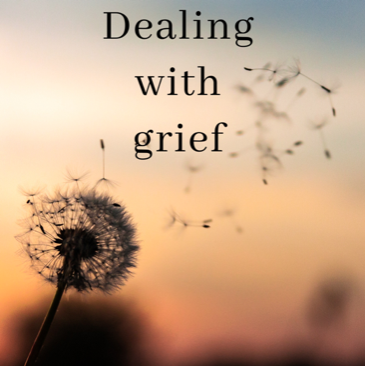

The Queen famously said: “Grief is the price we pay for love.” If we love someone, at some point we might lose them and deal with grief. It is inevitable and an inescapable part of life, but are we prepared or equipped to deal with it?
Grief is something we will all experience at some point in our lives, but it is still such a difficult subject to discuss.
Are you experiencing grief and anxiety? This is a difficult time for anyone and sometimes it can ease your mind speaking to a professional. Get in touch with Donna Morgan.
The late Lisa Marie Presley wrote a beautiful article about her unrelenting grief at the loss of her 27 year old son, Benjamin.
“Today is “National Grief Awareness Day,” and since I have been living in the horrific reality of its unrelenting grips since my son’s death two years ago, I thought I would share a few things to be aware of in regard to grief for anyone who is interested. If not to help yourself but maybe to help another who is grieving …
This is not a comfortable subject for anyone, and it is most unpopular to talk about. This is quite long, potentially triggering and very hard to confront. But if we’re going make any progress on the subject, grief has to get talked about. I’m sharing my thoughts in the hopes that somehow, we can change that.
Death is part of life whether we like it or not — and so is grieving. There is so much to learn and understand on the subject, but here’s what I know so far: One is that grief does not stop or go away in any sense, a year, or years after the loss. Grief is something you will have to carry with you for the rest of your life, in spite of what certain people or our culture wants us to believe. You do not “get over it,” you do not “move on,” period.
Two, grief is incredibly lonely. Despite people coming in the heat of the moment to be there for you right after the loss takes place, they soon disappear and go on with their own lives and they kind of expect for you to do the same, especially after some time has passed. This includes “family” as well. If you’re incredibly lucky, less than a handful will remain in contact with you after the first month or so. Unfortunately, that is a cold hard truth for most. So, if you know someone who lost a loved one, regardless of how long it’s been, please call them to see how they are doing. Go visit them. They will really really appreciate it, more than you know …
Three, and particularly if the loss was premature, unnatural, or tragic, you will become a pariah in a sense. You can feel stigmatised and perhaps judged in some way as to why the tragic loss took place. This becomes magnetised by a million if you are the parent of a child who passed. No matter how old they were. No matter the circumstances.”
As a counsellor, I have worked with many clients struggling with grief. The inability to communicate the pain and accept the loss is great.
Talking therapy for grief often helps to gradually adjust to life with all its changes – good and bad. Not being able to communicate your thoughts and feelings or denying the sadness could prolong the pain. Any loss has to be acknowledged for us to move forward.
How can CBT help grief?
Cognitive-behavioural therapy (CBT) is a form of talk therapy that can help individuals cope with grief by teaching them to identify and change negative thought patterns and behaviours. Some techniques that may be used in CBT for grief include:
-
-
- Identifying and challenging negative thoughts: This involves recognising and questioning thoughts that are making the individual feel worse, such as “I’ll never be happy again” or “It’s my fault they’re gone.”
-
- Reframing thoughts: This involves looking at a situation from a different perspective, such as focusing on the positive memories of the person who has died rather than dwelling on their absence.
-
- Mindfulness techniques: This involves being present in the moment and accepting feelings without judgement.
-
- Gradual exposure: This involves gradually facing situations and activities that are difficult or that have been avoided because of grief.
- Behavioural activation: This involves setting small, achievable goals and taking action to achieve them, which can help to increase feelings of accomplishment and self-worth.
-
How can a counsellor help with grief and anxiety?
It’s important to note that grief is a normal and natural process, and it’s different for everyone. It’s also important to seek professional help if the grief is impacting daily life and activities.
Working with a counsellor can be a helpful way to process and manage grief. Here are some steps you can follow in order to work through grief with a counsellor:
-
-
- Find a qualified counsellor: Look for a counsellor who is trained in grief and loss and has experience helping people work through their emotions.
-
- Schedule a session: Schedule an initial appointment with the counsellor to discuss your grief and what you hope to get out of therapy.
-
- Share your story: During the first session, you will have the opportunity to share your feelings and thoughts about your loss. This can help the counsellor understand your experience and tailor their approach to meet your needs.
-
- Engage in therapeutic activities: Your counsellor may use a variety of therapeutic activities to help you work through your grief. This may include talk therapy, visualisation, mindfulness exercises, or writing assignments.
-
- Process your emotions: Your counsellor will help you identify and process your emotions related to your loss. This can involve exploring your feelings, learning coping skills, and developing a support system.
-
- Set goals: Your counsellor will work with you to set achievable goals for your grief journey. This may involve reducing symptoms of depression and anxiety, managing your emotions, and learning to live with your loss.
- Practice self-care: Your counsellor will encourage you to take care of yourself both physically and emotionally. This may involve making healthy lifestyle choices, engaging in physical activity, and seeking support from friends and family.
-
Remember, grief is a process and takes time. With the help of a counsellor, you can work through your emotions and find meaning in your loss. Get in touch with Donna Morgan if you’re struggling with grief and anxiety today.


